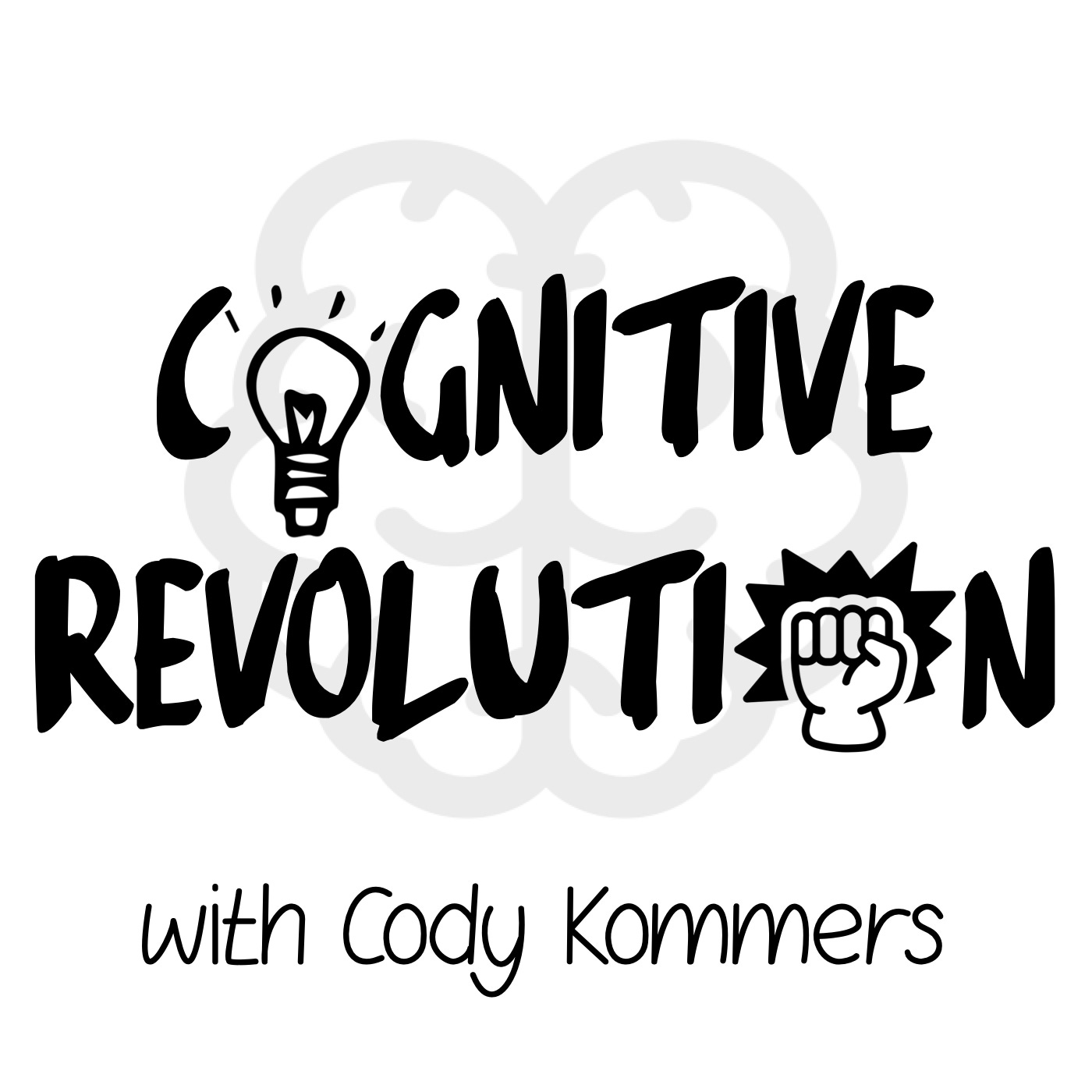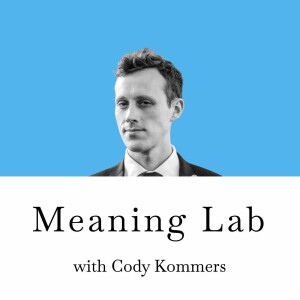
#80: Sam Gershman on the Structure of Cognitive Revolutions
 2022-02-01
2022-02-01
This is Cognitive Revolution, my show about the personal side of the intellectual journey. Each week, I interview an eminent scientist, writer, or academic about the experiences that shaped their ideas. The show is available wherever you listen to podcasts.
My guest today is someone very special. I worked in his lab for two years, and he did a lot to form my relationship with cognitive science. It started back when I was an undergrad, and I went to the Cognitive Science Society conference in Berlin. There was this professor there, and I was totally arrested by his approach to studying the mind. He was using sophisticated computational models informed by AI to understand the cognitive processes underlying human thought. His name was Josh Tenenbaum. I became obsessed with his work.
The following year I went back to the Cognitive Science Society conference, this time in Montreal. My express purpose was to insinuate myself in Josh’s inner circle. I approached him on the first morning of the conference, and he said he had 15 minutes for us to chat. Mostly that chat consisted of his expounding upon his ideas about how the mind is structured and how this structure develops through childhood. But then at the end as we were wrapping up he paused for a moment and said: “I have this post-doc. He’s really good. He just applied to faculty jobs at Berkeley, Harvard, and Columbia and got offers at all three. He’ll be starting a lab at Harvard next fall. His name is Sam Gershman.”
From then on I made it my mission to end up in Sam’s lab. The story has a lot of twists and turns but suffice to say that I pestered Sam for two straight years, reminding him of my existence via email and inquiring if he had any available research opportunities. For two years, nothing happened. Then one day while I was living in Belgium, I was sitting in my underwear watching Old Country for No Men. I got an email. It was from Sam. The subject line: “Still looking for a job?” His lab manager had unexpectedly quit. He was looking for someone to fill the role in short order. He knew I was the kind of individual who was infrequently employed enough to be available.
And so I started working in Sam’s lab in spring 2016. I experienced a lot of ups and downs in those two years I worked for him. I learned a lot about what I liked and didn’t like about research, about what I wanted to do and didn’t want to do, what I needed from a work environment and what I could live without. But his general program of research combining Bayesian models and reinforcement learning to understand the neural and computational basis of behavior has influenced me more than any other single researcher. He also gave me a chance, one that’s done a lot to get me where I am today. For that, I owe him an awful lot.
Anyone who has spent any time around Sam (or taken a peak at his Google scholar page) can attest that he is likely the single most prolific individual in all of psychology. In his peak years of productivity at Harvard, it felt like he would publish the number of papers in a year other researchers could expect to publish in a decade. In this conversation, this is one of the things I wanted to press him on. He’s always been a little coy about this line of inquiry, preferring instead to keep discussions on the finer points of statistical distributions and inference problems. I pushed a bit more to talk about his process and the way he thinks about producing his work.
We also talked about cognitive science in general. Despite his pretty well-defined lane for formal research, he has uncommon breadth as a scholar. He is interested in a lot, and he’s worked on many different kinds of projects (including, as I allude to in the conversation, a series of video shorts which are—shall we say?—rather avant-garde in taste). So we went into a bit of cognitive science history (including Sam's favorite historical cognitive scientist), and what the enterprise of cogsci should look like in general.
Finally, Sam recently published a book. It’s called What Makes Us Smart: The Computational Logic of Human Cognition. We cover the overarching thesis of the book, about the two organizing principles of human cognition. We explore the potential counterarguments to that thesis, and I ask him about what people who are already familiar with the work (as well as those who aren’t) can get expect to get out of it.
Sam’s Three Books:
* John Cage: Silence
* Thomas Kuhn: The Structure of Scientific Revolutions
* Liu Cixin: The Three Body Problem
Papers we mentioned:
* The molecular memory code and synaptic plasticity
Like this episode? Here’s another one to check out:
In my conversation with Sam, we also mention the work of Randy Gallistel:
I’d love to know what you thought of this episode! Just reply to this email or send a note directly to my inbox. Feel free to tweet me @CodyKommers. You can also leave a rating for the show on iTunes (or another platform). This is super helpful, as high ratings are one of the biggest factors platforms look at in their recommender system algorithms. The better the ratings, the more they present the show to new potential listeners.
Also: If you’d like to unsubscribe from these weekly podcast emails, you can do so while still remaining on the email list that features my weekly writing. Thanks for following my work!
This is a public episode. If you’d like to discuss this with other subscribers or get access to bonus episodes, visit codykommers.substack.com/subscribe
More Episodes
 2023-02-14
2023-02-14
 2022-12-16
2022-12-16
 2022-12-02
2022-12-02
Create your
podcast in
minutes
- Full-featured podcast site
- Unlimited storage and bandwidth
- Comprehensive podcast stats
- Distribute to Apple Podcasts, Spotify, and more
- Make money with your podcast
It is Free
- Privacy Policy
- Cookie Policy
- Terms of Use
- Consent Preferences
- Copyright © 2015-2024 Podbean.com





